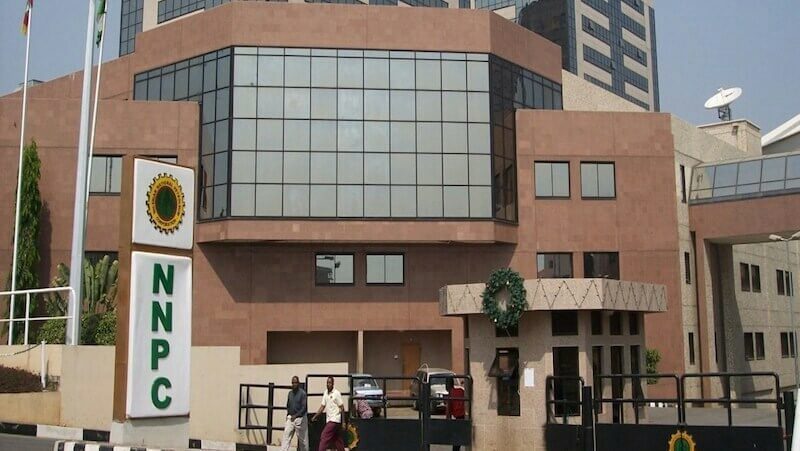The Bureau of Public Service Reforms has disclosed plans to adopt the aspects of the Nigerian National Petroleum Corporation Internal Open Resourcing initiative in the ongoing civil service reforms.
The Director-General of BPSR, Dasuki Arabi, commending the Corporation at the October edition of the BPSR Lunchtime Reforms Seminar, said that the IOR initiative is a veritable tool required to bridge the skills gap in both the public and civil services.
Advertisement
Arabi described the NNPC’s Internal Open Resourcing initiative as a human capital development plan by which talents are sourced from within the rank and file of the NNPC through a competitive process to bridge managerial skills gap.
He said “We have seen the successes in NNPC and that is why we have chosen to celebrate them in this seminar. We at the BPSR and the Head of Civil Service of the Federation have taken note of your wonderful innovations.
“As we go on to implement the Cadre 4 of the Strategic Plan for Public Service Reforms, I’m sure we will take quite a lot from you.”
Arabi speaking on the need for the National Assembly to fast-track the passage of the Petroleum Industry Bill into law, said it would enable the country reap the full benefits of its hydrocarbon resources.
Advertisement
He added that Nigeria relies on the landmark innovations by reputable organizations like NNPC to achieve the aspiration of being among the best 20 civil services in the world by 2025.
“NNPC’s reforms in the oil and gas sector include introduction of cost reflective pricing of petroleum products, deepening of transparency in procurement processes in the petroleum sector and enhancement of local content in the oil and gas industry.
“We would recommend aspects of the NNPC IOR initiative to the Head of Civil Service of the Federation for adoption in the ongoing civil service reforms,” Arabi stated.
The Group Managing Director, NNPC, Mele Kyari in his remarks noted that the Corporation was focused on implementing innovations that would enhance its operations and bottom-line.
Some of this innovation accordingnto him include increasing crude oil production and reserve, extending gas footprint to stimulate industrialization, and boosting local refining capacity.
Advertisement
He said NNPC was also driving the automation of its processes as part of reforms, aimed at discouraging discretionary approvals and to further deepen the culture of transparency in the system.



